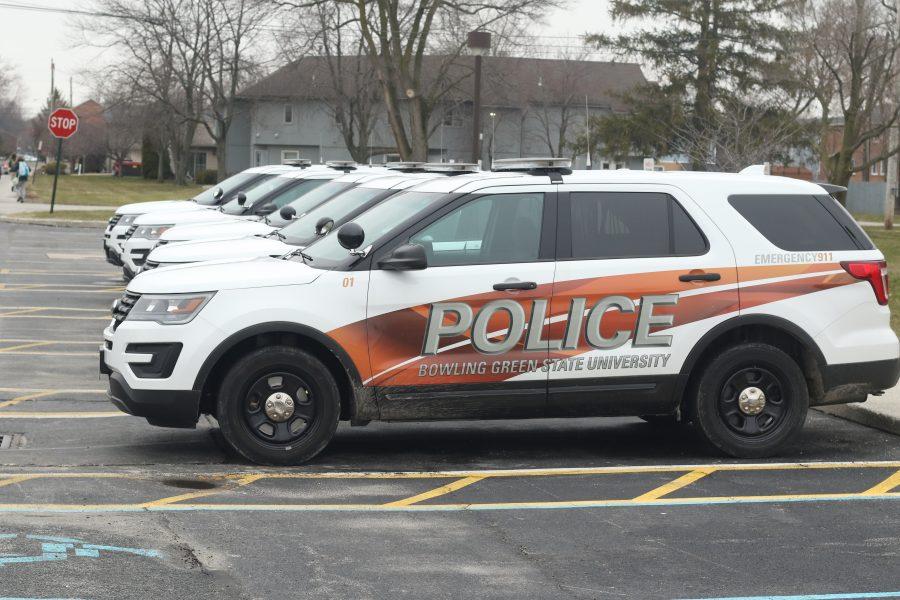Spam emails are something many students send straight to their junk mail folder.
Sometimes messages still make it through the filter, and they can be deceiving to some students.
Students often receive mass emails from people who offer them a “job.”
Many of the job offers students receive through email sound too good to be true, said Jessica Turos, the associate director of the Career Center.
Turos said the Career Center will help students with figuring out the emails.
“If [students] receive an email and wonder if it’s for a legitimate job, we will help them decipher if it is,” she said. “They can either give the Career Center a call, send us an email or stop by.”
If the employer is legitimate, but the email may seem questionable to students, Turos said Career Services can help them rewrite the descriptions so it seems less like a scam.
Turos said if students have their resumes on WorkNet there is a possibility the employers may have sent the students emails through there.
Students can search the employer’s name on WorkNet to see if it is legitimate.
“If an email is coming from an employer, it should be coming from their employer email, and not from their Hotmail or Gmail,” Turos said.
Some of the different things students can look out for with scam emails include a lot of typos or the guarantee of a job or internship. Other things to look out for include sending checks for supplies and asking the recipient to send the rest back or asking for personal information.
The Career Center has a section on their website that can give students more information about fraudulent emails.
Another resource students can use when trying to decipher whether an email is fraudulent is by contacting Information Technology Services.
Freshman Kristen Koopman said when she gets spam emails from people she just ignores them and deletes them.
However, she does know someone who actually responded to one of the emails.
“They emailed them, and [the sender] never got back to them,” she said.
Matt Haschak, the director of Information Technology Security and Infrastructure said students occasionally forward potential scams to an email to look into.
One thing they will do is take a portion of text and Google search it to see if it is unique, or if it is a common scam.
Although ITS tries to make it hard for scammers to find students email addresses, they often find ways around it.
“There are several ways that spammers and scammers might get access to email addresses,” Haschak said. “Obviously for one, people are putting things like their contact info out on various social media sites.”
As well as putting their information on social media sites, scammers can get emails through different email viruses and through the University directory.
“You don’t have to be a BGSU student to use that,” he said.
Students should be cautious whenever they receive non-personalized and unsolicited emails offering something like a job, Haschak said.
Haschak said he can guarantee the University is not selling the emails to any type of spammers.
Despite all the spam emails students receive each day, Haschak said very few of the ones he has reported to him are about jobs.
ITS will send out a fraud alert when someone has had an issue because of the email or if ITS believes it is a deceptive email.
Although ITS could block the sender of the spam emails it is often times not worth the extra effort.
“It is technically possible, however, if you look at each one of these things, it is so easy for them to send from different email addresses we would be fighting a losing battle,” Haschak said.






















